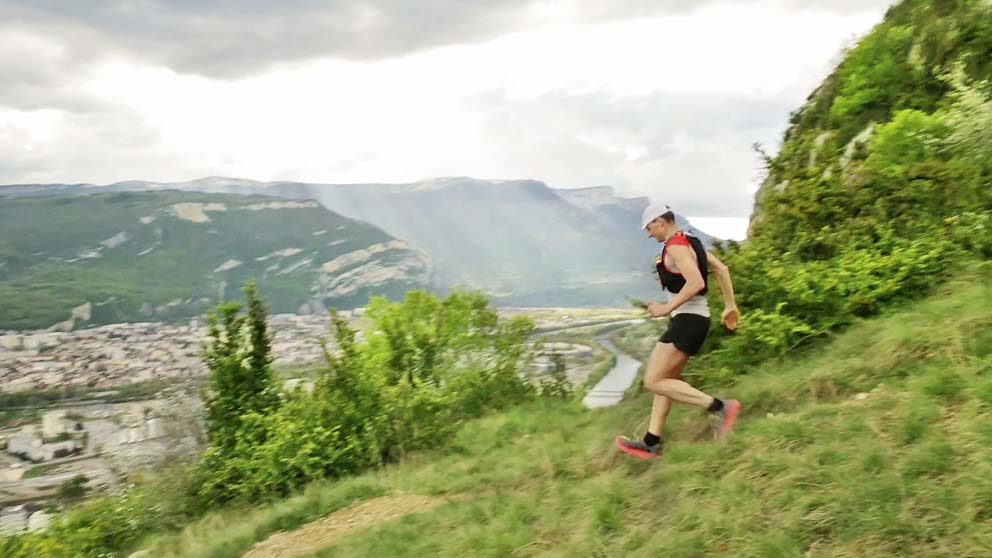Jump to the content
- {{#headlines}}
- {{title}} {{/headlines}}

Wolfgang Wernsdorfer has been an Alexander von Humboldt Professor at Karlsruhe Institute of Technology (KIT) since 2016. A physicist, he was previously a Directeur de recherche première classe at the Institut NÉEL in Grenoble, France.

I’ve always taken plenty of exercise, ever since my student days – it’s a good counterbalance to studying physics and doing research. Over the years, the types of sport have changed. For a long time, I cycled, but it gradually got too dangerous in the mountains. So, I started to run. That was great until I got to the top of the mountain. Once I was there, I immediately started thinking about the lab again and wanted to get down as quickly as possible. I got the idea of long-distance mountain running from a Ph.D. student I had. Instead of taking the coach like everyone else, he ran all the way to a lab meeting in the mountains. That intrigued me, so I went running with him. And I wasn’t even bad considering I’m 15 years older than him. After that, I started training properly, partly because of this ambition tick I have.
Nowadays, I run several races a year. The longest mountain races are the 100 mile trails: 11,000 metres up and down again. It sounds like torture, I know, but running in the mountains is different from running marathons, for example. In marathons, it’s only the time that counts. In long-distance mountain running, it’s about the energy you use.
Some of the races take days. You have to be very careful how much energy you tank, what you eat and drink and that you get enough rest and sleep. It’s best to go about it scientifically: if you know what your own body needs and how it functions you can find the right recipe so that you don’t fall into the traps of long-distance mountain running and start getting stomach cramps, or blisters, or losing too much water. Really, it’s just like research: you have to seek out the boundaries, get to know them and push them back.
When I’m on a run, I feel as though I’m in a different world. You start running, your body works very hard, and that stimulates the mind. And then you think about all sorts of different stuff. Usually you run the same trails so you see how nature changes with the seasons. I can remember all of my races really well, even the ones I did years ago. Every hour left its mark. This is something really special that I don’t experience very often.
